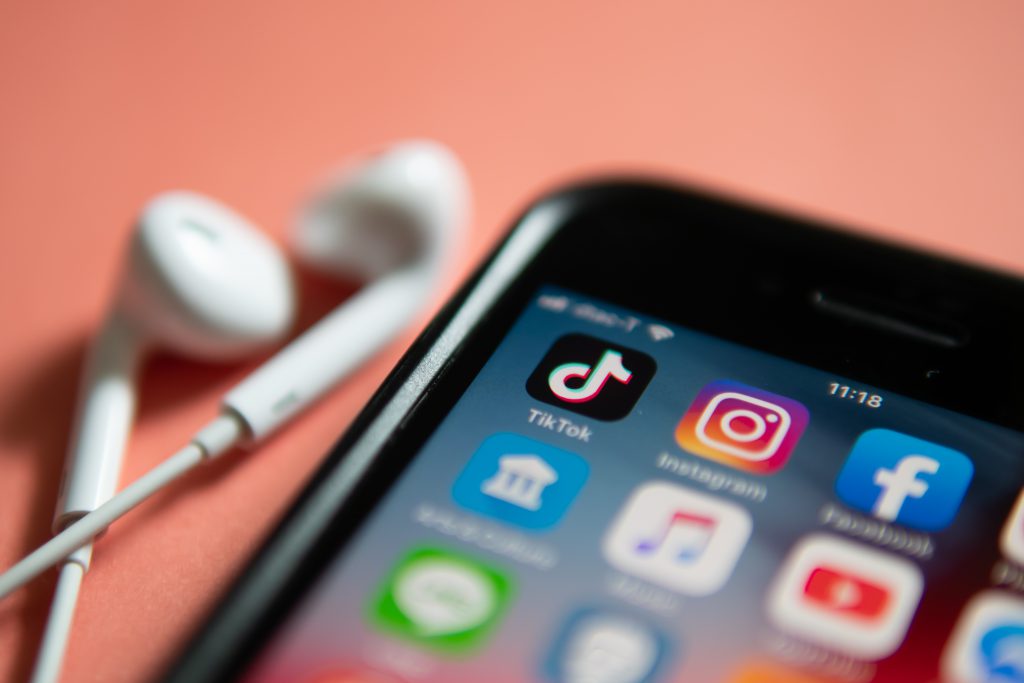On Wednesday in the District of Columbia District Court, plaintiffs TikTok and parent company ByteDance filed a motion for a preliminary injunction against the government defendants regarding the Department of Commerce’s remaining prohibitions against the social media companies. The plaintiffs had earlier requested for a preliminary injunction against the first prohibition banning the TikTok app from app stores in the United States, which a judge granted.
In the memorandum in support of the motion for preliminary injunction, the plaintiffs argued that TikTok is a widely popular app with more than 100 million Americans using it; TikTok compared it to a “virtual town square” for “creative expression and political speech.” TikTok asserted that it has measures to protect U.S. user data and it has “effective and fair content moderation policies and practices.” Moreover, TikTok averred that before the ban it was working with the Committee on Foreign Investment in the United States and was taking measures to address and national security concerns. However, according to TikTok, the administration then focused on TikTok’s links with China;.the President then issued an Executive Order that banned TikTok over national security concerns and subsequently, the DOC issued a ban on TikTok. TikTok claimed that the government “provided an administrative record that relied on inaccurate, outdated, and irrelevant materials, and includes recommendations for restrictions far short of a ban.”
TikTok’s arguments for the remaining prohibitions were similar to its arguments for the first prohibition; TikTok alleged violations of the International Emergency Economic Powers Act (IEEPA), Administrative Procedure Act (APA), and its First and Fifth Amendment rights. In granting the preliminary injunction for the first ban, the judge found that the President exceeded his authority under IEEPA and that TikTok demonstrated irreparable harm. TikTok asserted that these arguments also apply to the remaining prohibitions. TikTok noted that “[w]hile the gravamen of Plaintiffs’ arguments remains the same, these updates reinforce the merits of Plaintiffs’ claims and demonstrate even more clearly that Plaintiffs are entitled to an injunction against the Remaining Prohibitions, which exceed the limits of the executive branch’s power under federal statute and the Constitution.”
The remaining prohibitions are set to go into effect on November 12, during which the following will be banned:
- “Any provision of internet hosting services enabling the functioning or optimization of the mobile application in the U.S.”;
- “Any provision of content delivery network services enabling the functioning or optimization of the mobile application in the U.S.”;
- “Any provision directly contracted or arranged internet transit or peering services enabling the function or optimization of the mobile application within the U.S.”;
- “Any utilization of the mobile application’s constituent code, functions, or services in the functioning of software or services developed and/or accessible within the U.S.”
TikTok proffered that the remaining prohibitions are “arbitrary and capricious” and violate the APA because the DOC “provided an inadequate explanation that relied on inaccurate, outdated, and irrelevant information,” thus it “is not supported by the record.” Moreover, TikTok claimed that the DOC did not “consider reasonable alternatives” to prohibitions 2-5, which are a “sweeping ban of TikTok.” Additionally, TikTok asserted that the Department’s justification for its prohibitions is a “pretextual national security justification that is unsupported and belied by the political justifications that were articulated contemporaneously by Administration officials.”
TikTok claimed that it has established the required elements for injunctive relief. TikTok reiterated that these remaining prohibitions are and will continue to inflict irreparable harm and that the balance of equities and the public interest are on its side and require the requested relief.
TikTok is represented by Covington & Burling LLP.
